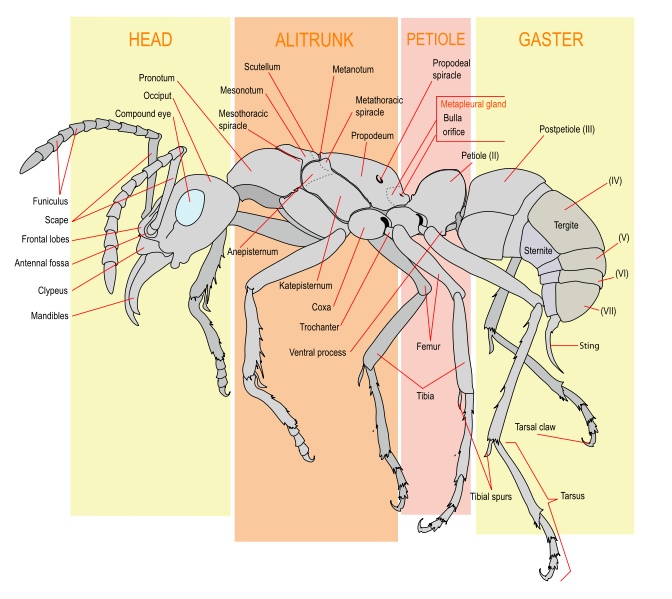"The protection of the "disguised" member of the Resistance depends upon topographic continuity, upon uninterrupted nature. It is necessary to evade anything that signals habitation -- roads, buildings -- in order to tuck oneself into the folds of the terrain. He "occupies" the underbrush and trees, atmospheric disturbances, night. Just as he outmanoeuvres space through the care he takes in avoiding all contact, so also does he outmanoeuvre time through the speed of his movements. With his war paint, he even outmanoeuvres form, concealing his body in a series of occultations of the object, subject, and trajectory."
Negative Horizon
